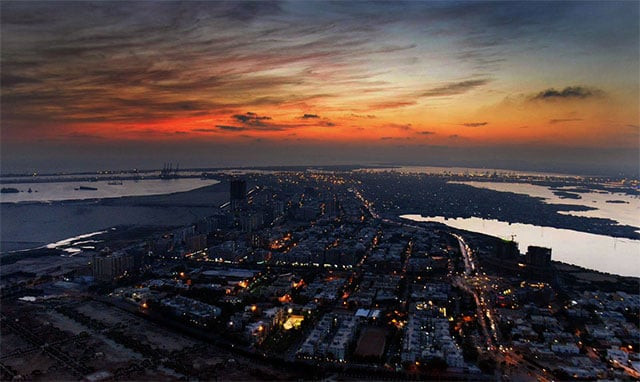Global economies: boom, bust or a bit of both
Inflation has slowed, but not enough for central bankers to feel the war is won

Dana Peterson, Chief Economist at the Conference Board, sees a clear conclusion in the sharp decline of the US business group’s Leading Economic Index: If recession isn’t already taking hold in the United States, then it will soon.
Tell that to Matt Malone, Chief Executive Officer of Groundworks, and the response is anything but recessionary – with his residential foundation and water management company still booking strong sales, pressing to fill several hundred open jobs, and seeing consumers ready to spend.
“We’ve been talking about impending recession for several quarters now,” said Malone, whose Virginia Beach-based company has a national footprint. “There’s a lot of confusion and mixed signals as to what’s going on with the consumer ... At the end of the day, we have not seen it affect our business yet.”
Such is the mystery of the US economy, and increasingly the global one as well, three years after the onset of a devastating pandemic, a year and a half into a still-developing inflation surge, and many months into predictions of recessions that continue to miss the mark.
Major central banks have jacked up interest rates at a pace many policymakers and economists thought would prove crushing, perhaps taming inflation but at a high cost. Inflation has slowed a bit, but not so fast or so far that any central banker feels the war is won, and recent data have shown the progress to be slowing.
Demand for goods and services has fallen in sectors like housing and technology that are both highly sensitive to interest rates and were big pandemic winners perhaps due for a trim; but economy-wide, many of the recent surprises have been to the upside as consumers keep finding the means to spend.
Businesses like Malone’s don’t seem to have gotten the memo. The US unemployment rate, at 3.4%, is the lowest it has been since 1969. At this point, Fed officials are less concerned about recession than of trends like labour hoarding that may keep available workers scarce and prevent the modest rise in unemployment many of them feel is needed for inflation to fall.
Cleveland Fed President Loretta Mester said in a CNBC interview on Friday that she felt the economy would grow “well below trend” this year, but grow nonetheless.
Published in The Express Tribune, February 28th, 2023.
Like Business on Facebook, follow @TribuneBiz on Twitter to stay informed and join in the conversation.


















COMMENTS
Comments are moderated and generally will be posted if they are on-topic and not abusive.
For more information, please see our Comments FAQ